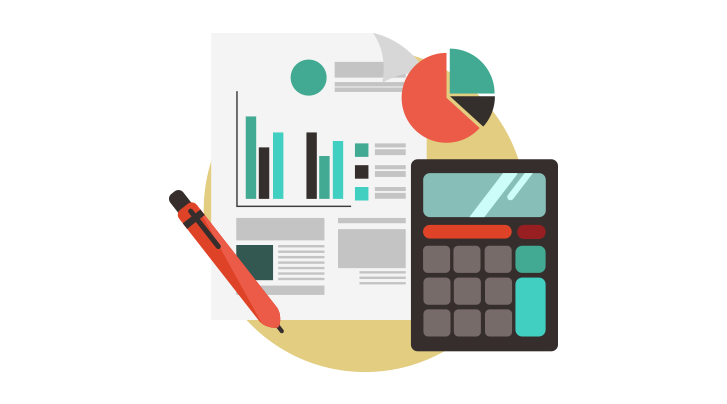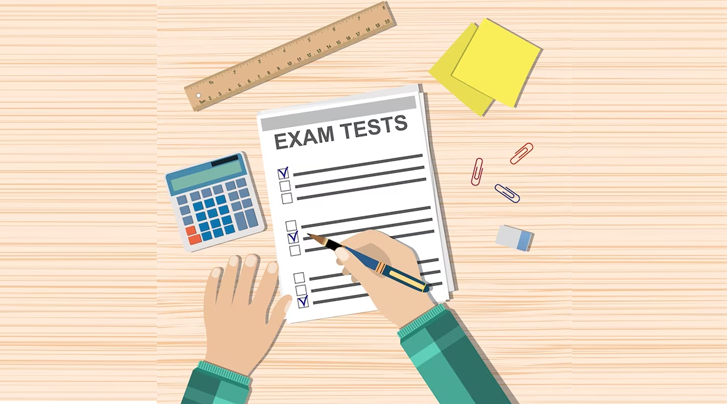3-Month Study Plan for CA Intermediate Course comprises eight papers, with four of them divided into two sections each. Papers 2, 4, 6, and 7 include both multiple-choice questions (MCQs) and descriptive questions. Objective questions account for 30% of the total weightage, while descriptive questions contribute to 70% of the marks.
Understanding the nature of an article, whether it is theoretical or practical, holds great importance for several reasons. While some students may excel in theory-based topics, others may find practical subjects more manageable. Recognizing your strengths and weaknesses within the curriculum can assist in organizing your studies effectively, as both theoretical and practical papers demand equal attention.
Keep in mind that there won’t be any negative marking for the MCQs. Consequently, dedicating ample time to practicing and studying MCQs can greatly contribute to earning high scores.
3 Month Study Plan for CA
| Practical Papers | Theory Papers |
| Paper 1: Accounting | Paper 2: Corporate Laws and Other Laws |
| Paper 3: Cost and Management Accounting | Paper 4: Taxation |
| Paper 5: Advanced Accounting | Paper 6: Auditing and Assurance |
| Paper 7: Enterprise Information System and Strategic Managemnet | Paper 8: Financial Management and Economics for Finance |
Conclude your classes at least three months prior to the exams to ensure sufficient time for comprehensive revision of the entire syllabus.
Creating your own notes is the optimal approach to excel in your CA Inter examinations. Handwriting your notes offers numerous advantages, making it the best choice. Self-written notes can be a game-changer for CA Inter preparation, enhancing memory retention and fostering improved presentation skills when formulating answers. In a 3-month study plan for CA Inter, focus on thorough understanding and revision. Allocate the first month to cover the syllabus, the second month for revision with self-prepared notes, and the final month for mock exams and fine-tuning your presentation skills based on these notes.
Revision is a necessity, not a choice. This applies to CA Inter mock exams as well. Therefore, it is crucial to allocate sufficient time in your study schedule for both.
It is common to have limited time remaining after covering the entire curriculum. Hence, the more revisions and mock tests you undertake, the better prepared you will be. Setting aside 60 days specifically for revision and completing a minimum of three practice exams would be wise strategies. A well-structured CA Inter study planner can help in organizing your time efficiently, ensuring that you not only cover the syllabus but also focus on revisions and mock tests, which are crucial for success.
The Initial 60-Day Plan
It involves categorizing and completing the syllabus according to the A, B, and C categories:
- Classify issues into A and B categories, thoroughly complete them, and then prioritize and complete the C category according to your schedule.
- Ensure thorough comprehension of each topic in the syllabus and engage in regular review, rather than simply reading through all the chapters.
- Before going to bed each night, recapitulate what you have learned during the day. Take note of key concepts and questions that will aid in quick review during the exam, based on your understanding and assessment.
- After accomplishing your study goals, participate in mock tests, evaluate your performance, and make necessary adjustments. Utilize mnemonic devices and illustrations to facilitate quick recall of concepts and essential terms.
Plan For The Following 30 Days: Reviewing
-
- To swiftly recall all subjects, reflect on your learning and review the topic names. For practical subjects, engage in detailed reading and attempt a few written exercises when applicable.
- During the initial 25 days, allocate two to three hours, twice a day, for comprehensive preparation of theoretical subjects. Focus on understanding technical terms and key points.
- Utilize your reading and recollection from the past 30 days to devise an exam-day plan.
- This is the opportune time to steer your preparation in the right direction. Thus, it is essential to plan ahead and determine your priorities to make the most of your time.
- Remember that small steps will undoubtedly yield long-term benefits, and it is crucial to acknowledge that your efforts should be complemented by your abilities.
Is It Possible To Clear Both Groups Of CA Intermediate In 3 Months With An Effective Study Plan?
Yes, it’s possible to clear both groups of CA Intermediate in 3 months with a focused study plan, disciplined schedule, thorough revisions, and mock tests.
Can We Clear CA Inter Both Groups In 3 Months?
Yes, you can clear both groups of CA Inter in 3 months with focused study, a solid 3 months study plan for CA Inter both groups, and disciplined revision. Prioritize key topics, take mock tests, and revise regularly.
Can We Clear CA Inter Both Groups In 3 Months?
Yes, you can clear both groups of CA Inter in 3 months with focused study, a solid 3-months study plan, and disciplined revision. Prioritize key topics, take mock tests, and revise regularly.
For more information regarding Toplad’s CA Intermediate Course, you can contact us on our toll-free number 18003091245 or mail us at [email protected]



